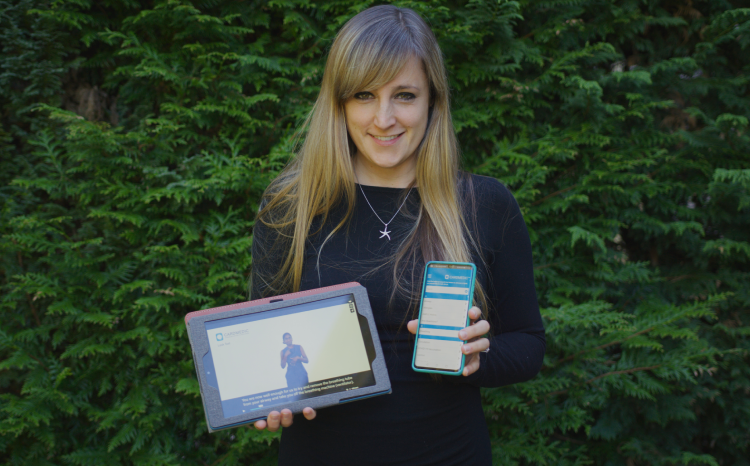Leeds Teaching Hospitals collaborates on AI cancer test
- 22 May 2023

Leeds Teaching Hospitals NHS Trust and the University of Leeds have collaborated with health tech company PinPoint Data Science to develop a blood test that uses artificial intelligence to identify the risk of a patient having cancer.
The PinPoint test is now being trialled as part of the West Yorkshire and Harrogate Cancer Alliance service evaluation, to determine if it can improve early detection, cut waiting times and reduce anxiety in patients.
It uses a machine learning algorithm, which searches for tell tale signs of cancer in 31 standard markers in a blood sample. It also takes into account a patient’s age and sex.
As a decision support tool, the test helps doctors to triage patients more effectively. Using huge amounts of richly detailed, anonymous medical data, the underlying analysis will flag results as either red, amber or green.
If PinPoint categorises a patient as red, there is a high chance of a cancer diagnosis, which means their referral can be accelerated. If, on the other hand, it is flagged green, the GP can explore alternative diagnoses for their symptoms. Amber patients would be referred as normal.
By helping to spot those patients who are most likely to get a cancer diagnosis, the test is helping to speed up the most urgent cancer referrals so patients can begin treatment at the earliest opportunity.
Dr Nisha Sharma, consultant radiologist and director of breast screening at Leeds Teaching Hospitals NHS Trust, said: “We need to start thinking differently about our cancer pathways because of huge demand and capacity issues causing bottlenecks across the NHS.
“The PinPoint test has the potential to help clinicians to prioritise those at high risk and make the process less fraught for patients.”
Evaluating success
A large-scale retrospective study carried out in Leeds, found that as many as one in five referrals into the two-week wait pathway could be safely ruled out using the PinPoint test.
The study concluded the test was affordable and could be deployed rapidly to any NHS pathology laboratory with no additional hardware requirements.
The current evaluation in Leeds will see if the PinPoint matches or exceeds the success of the retrospective study. If results are successful, it could then be rolled out across the nine major cancer pathways: breast, gynaecological, haematological, head and neck, lower gastrointestinal, lung, skin, upper gastrointestinal and urological.
Giles Tully, CEO of PinPoint Data Science, said: “The PinPoint test accurately calculates an individual’s risk profile based on historic data from more patients than a doctor could see in a lifetime and can become an important tool for supporting clinical decision making.”
The PinPoint test has already received more than £1.7m in grants from SBRI Healthcare and the national NHS Cancer Programme to help support a wider rollout. It has also gained support from the Leeds Academic Health Partnership and Yorkshire and Humber Academic Health Science Network.
It’s not the first time that Leeds Teaching Hospitals has investigated the use of AI for enhanced cancer diagnoses. Earlier this year it launched the LIBRA study, aiming to generate evidence for the safe use of AI in breast screening.




